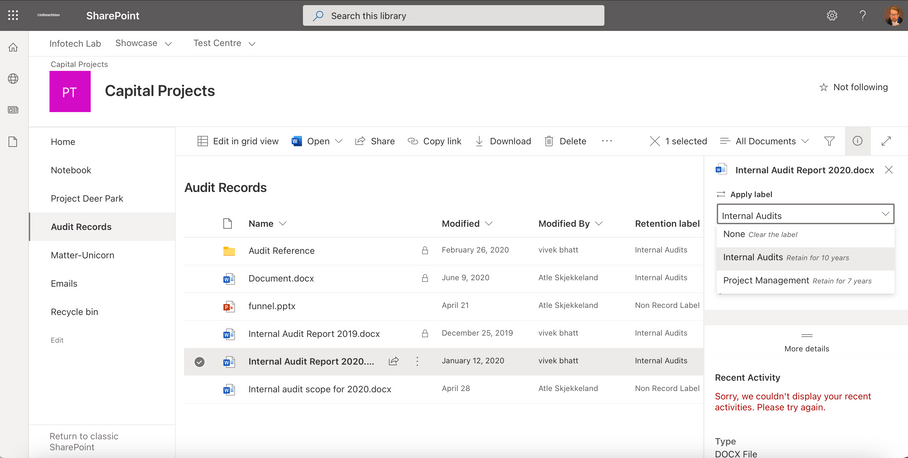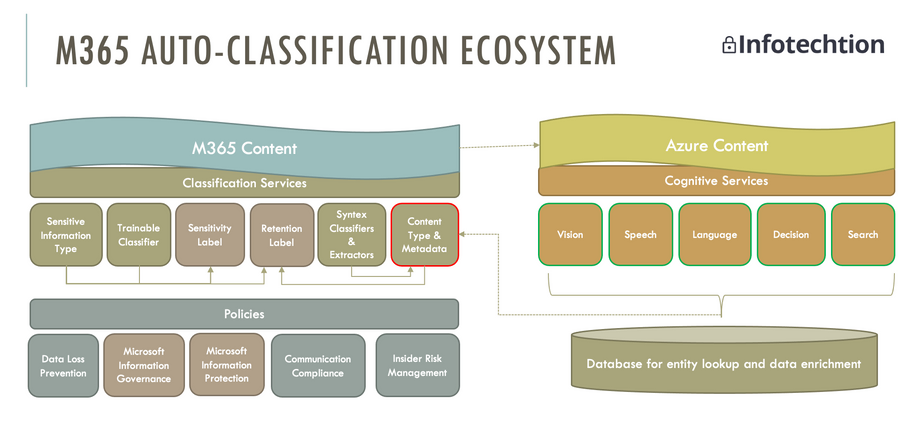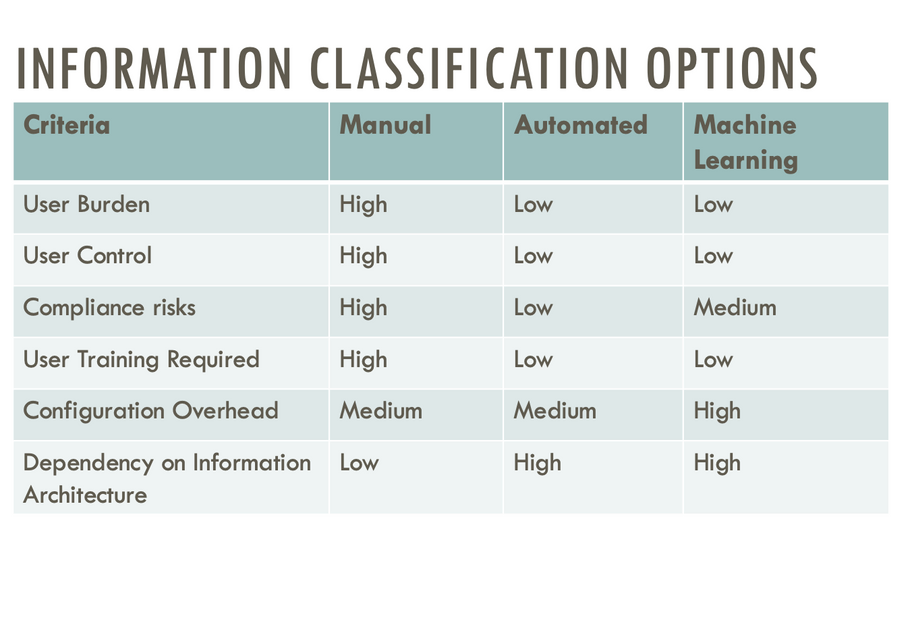How to best manage access in Microsoft 365

![]()
To enable an effective digital workplace, access needs to be set correctly. Non-sensitive information should be accessible to enable knowledge sharing and reuse, while sensitive information should be restricted and protected. In Microsoft 365 (M365), search results will only show information that you have access to. If access is set wrong, users will not know […]
Adaptive Policy Scopes – M365 Retention

![]()
If you follow the latest announcements from the Microsoft Information Governance product team, then you must have already heard about a new feature in the Microsoft Information governance and retention management solutions space. Its called the Adaptive Policy Scopes. We have been a part of the preview program and have been testing this amazing feature. […]
Metadata hierarchies in SharePoint Online

![]()
Metadata in SharePoint Online is used to find and manage files. The metadata may be free-form text or numbers entered by users, or it may have pre-defined values and vocabularies that users pick or are set as default on the storage container, e.g., company name, department, country, process, document type. The latter makes it easier […]
Microsoft Records Management: 8 options for collaborative spaces

![]()
I have previously written about how to automate M365 Information Governance and Records Management, and I will in this post explain your Microsoft Records Management options for active collaborative spaces. In most scenarios, only the user will know when a collaborative document is final and should be declared as a record. Option 1: Get users […]
Automate Information Governance with M365 AI and Machine Learning

![]()
Earlier this year we did a webinar explaining how to automate information governance and records management in Microsoft 365 (M365), and I will in this blog post explain Sensitive Information Types, Trainable Classifiers, and SharePoint Syntex in more detail. Sensitive Information Types As part of the E3 license, you have Sensitive Information Types with 200+ […]
Multi-Stage Disposition Reviews in M365 Records Management

![]()
Disposition reviews are a very important part of Retention and Records Management features. Microsoft 365 Information governance & Records Management workloads have had the ability for information managers / records managers to make sure information goes through a review cycle before its end of life. This process of reviewing information to confirm its deletion is […]
Retention for Exchange, OneDrive for Business, and SharePoint Online

![]()
An important M365 design decision is to determine if all information should have a lifecycle, not just records. Research by the Compliance Governance & Oversight Council found that in average, 25% of information has business value, 5% is subject to regulatory record keeping requirements, 2% is subject to legal hold, and 68% is redundant, outdated, […]
Automate M365 Information Governance and Records Management

![]()
Oof relying on staff to manually identify and classify important information, e.g. manually apply a M365 record label. By automating M365 Information Governance and Records Management, the burden is then moved from users to the IT/IM/Compliance department for setting up a framework and solution that automate the classification of information. Microsoft 365 (M365) has a […]
Identity Governance – manage your External Users in Microsoft 365

![]()
If I reflect on the Microsoft 365 projects I participated in during the last couple of years, about 90% of those projects included the organisation’s need to improve collaboration and communication with external organizations like customers, subcontracters, partners, etc.. With Microsoft’s adoption of the cloud is has become so much easier to involve External Users […]
Microsoft Teams and your DRMS: don’t forget about your Corporate Permissions!

![]()
Microsoft Teams has quickly become a key component in Microsoft’s 365 suite. Many customers now are deploying a Team where they used to deploy a SharePoint Site if a user requested a workspace. It’s integrated collaboration and communication features have been very appealing during the last year. And with more and more functionality being added […]

